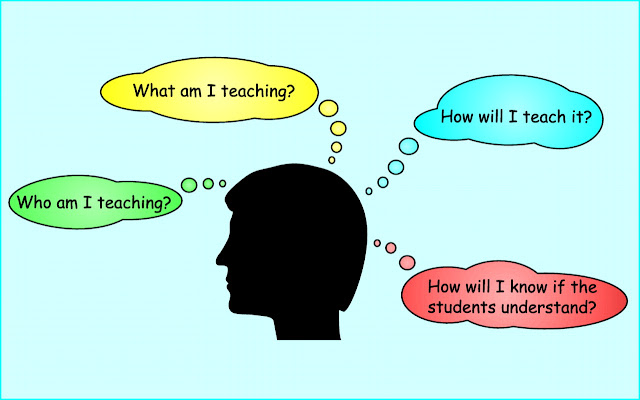If the intended outcome is clear to us, it goes without saying that the same must be said for our learners. This begs a fundamental question that should always be considered – do students understand the point of the lesson? If not, then it is challenging to meet any goals that are set. It all begins with a clear articulation of the learning outcomes. For many of us, this comes in the form of objectives. I know when I went through my coursework and teaching certification process this was emphasized in any lesson plan. As I entered the classroom what I was taught carried over and objectives were not only included in every lesson plan, I developed, but I also listed them on the board for all the kids to see. Herein lies another point. I am not saying that objectives should always be posted for all to see. However, it is crucial that kids understand what is to be learned on any particular day.
I have reflected a great deal on the objective aspect of the lesson and in my coaching with schools on pedagogy have advised them to move away from this traditional component of lesson design and implementation. Objectives, if we really think about it, are more often what the adult wants to achieve in terms of alignment to standards and concepts as well as scope and sequence. Just look at how they are written and see if you feel the same way. Learning targets on the other hand frame the lesson from the students' point of view and are written using “I can” or “I will” statements. They help learners to grasp the lesson's purpose such as why it is crucial to learn this chunk of information or concept, on this day, and in this way. Quality learning targets as part of an effective lesson help kids answer these three questions:
- Why did we learn this and what will I be able to do when I've finished this lesson?
- What idea, topic, or subject is important for me to learn and understand so that I can do this?
- How will I show that I can do this, and how well will I have to do it to demonstrate that I have learned something new?
Developing learning targets does not go far enough though. Learners need to understand the point of a lesson just as much as a teacher or administrator. Imparting relevance through a specific context and application will go a long way in achieving this. However, everything must be tied together from the learner’s point of view. This is why closure and reflection at the end of the lesson are crucial. Either one or both of these elements can be tied to the use of a KWL chart. Chech out this updated version below.
From a pedagogical standpoint, it is vital to build these in each and every day to bring the learning process full circle. Bottom line – everyone should have a good sense as to the point of a lesson.


You need to be a member of School Leadership 2.0 to add comments!
Join School Leadership 2.0